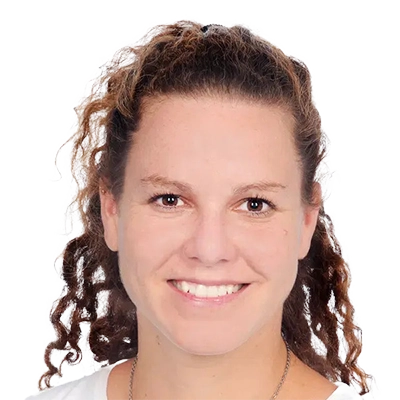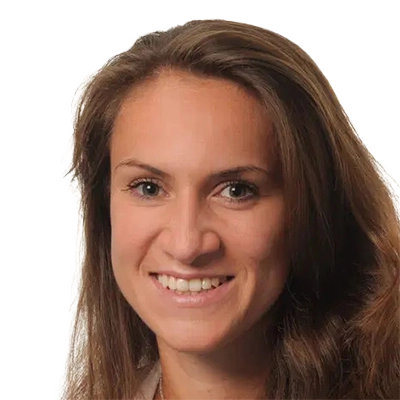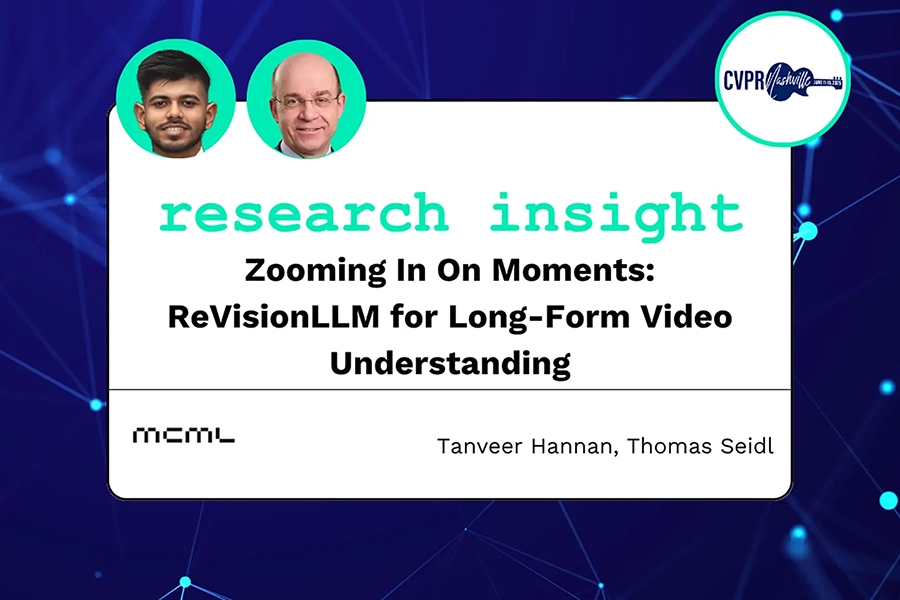23.02.2025
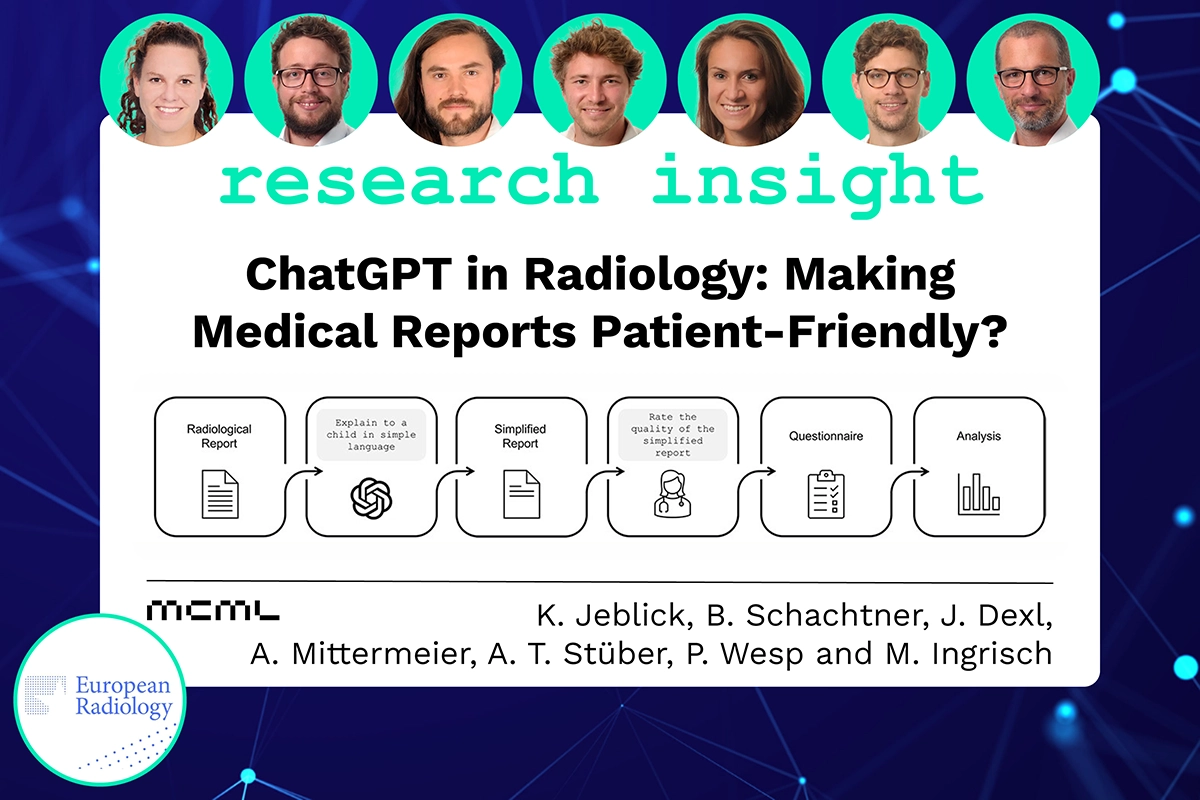
ChatGPT in Radiology: Making Medical Reports Patient-Friendly?
MCML Research Insight - With Katharina Jeblick, Balthasar Schachtner, Jakob Dexl, Andreas Mittermeier, Anna Theresa Stüber and Philipp Wesp and MCML PI Michael Ingrisch
Medical reports, especially in radiology, are commonly difficult for patients to understand. Filled with complex terminology and specialized jargon, these reports are primarily written for medical professionals, often leaving patients struggling to make sense of their diagnoses. But what if AI could help? Recognizing this potential early on, the team of our PI Michael Ingrisch launched a study just four weeks after ChatGPT’s release to explore how it could simplify radiology reports to make them more accessible. The study has now also been published in European Radiology.
«ChatGPT, what does this medical report mean? Can you explain it to me like I’m five?»
Katharina Jeblick et al.
MCML Junior Members
The Study: ChatGPT as a Medical Translator
The research team, including MCML Junior members Katharina Jeblick, Balthasar Schachtner, Jakob Dexl, Andreas Mittermeier, Anna Theresa Stüber and Philipp Wesp and MCML PI Michael Ingrisch explored whether ChatGPT could effectively simplify radiology reports while preserving factual accuracy. They took three fictitious radiology reports and asked ChatGPT to rewrite them in accessible language, as if explaining them to a child. Then, 15 radiologists evaluated these simplified reports based on three key factors:
- Factual correctness – Did ChatGPT get the medical facts right?
- Completeness – Did it include all the relevant medical information?
- Potential harm – Could the simplified reports mislead patients or cause unnecessary worry?

©K. Jeblick et al.
The workflow of the exploratory case study
The Results: Promise with a Side of Caution
The radiologists found that, in most cases, ChatGPT-produced reports were factually correct, fairly complete, and unlikely to cause harm. This suggests that AI has the potential to make medical information more accessible. However, there were still notable issues:
- Misinterpretation of medical terms – Some simplified reports changed the meaning of critical terms, leading to potential misunderstandings.
- Missing details – Important medical findings were sometimes omitted, which could mislead patients.
- AI “hallucinations” – ChatGPT occasionally added false or misleading information that wasn’t in the original report.

©K. Jeblick et al.
Example of hallucination: Even when responses sound plausible, the content does not need to be true, shown in the response on the bottom.
«While we see a need for further adaption to the medical field, the initial insights of this study indicate a tremendous potential in using LLMs like ChatGPT to improve patient-centered care in radiology and other medical domains.»
Katharina Jeblick et al.
MCML Junior Members
What’s Next?
The study highlights a huge opportunity for AI to bridge the gap between complex medical language and patient understanding. However, it also emphasizes the need for expert supervision. AI-generated reports should not replace human interpretation but rather serve as a tool for doctors to enhance patient communication.
With further improvements and medical oversight, AI-powered text simplification could revolutionize how patients engage with their health information—making medicine easier to “swallow” for everyone.
Read More
Interested in a closer look at this research? Read more in another blog post on the website of the European Society of Radiology (ESR): ChatGPT Makes Medicine Easy to Swallow.
Explore the full paper published in the renowned, peer-reviewed medical journal European Radiology:
ChatGPT makes medicine easy to swallow: an exploratory case study on simplified radiology reports.
European Radiology 34 (May. 2024). DOI
Abstract
Objectives: To assess the quality of simplified radiology reports generated with the large language model (LLM) ChatGPT and to discuss challenges and chances of ChatGPT-like LLMs for medical text simplification.
Methods: In this exploratory case study, a radiologist created three fictitious radiology reports which we simplified by prompting ChatGPT with ‘Explain this medical report to a child using simple language.’’ In a questionnaire, we tasked 15 radiologists to rate the quality of the simplified radiology reports with respect to their factual correctness, completeness, and potential harm for patients. We used Likert scale analysis and inductive free-text categorization to assess the quality of the simplified reports.
Results: Most radiologists agreed that the simplified reports were factually correct, complete, and not potentially harmful to the patient. Nevertheless, instances of incorrect statements, missed relevant medical information, and potentially harmful passages were reported.
Conclusion: While we see a need for further adaption to the medical field, the initial insights of this study indicate a tremendous potential in using LLMs like ChatGPT to improve patient-centered care in radiology and other medical domains.
Clinical relevance statement: Patients have started to use ChatGPT to simplify and explain their medical reports, which is expected to affect patient-doctor interaction. This phenomenon raises several opportunities and challenges for clinical routine.
MCML Authors
Share Your Research!
Get in touch with us!
Are you an MCML Junior Member and interested in showcasing your research on our blog?
We’re happy to feature your work—get in touch with us to present your paper.
23.02.2025
Related
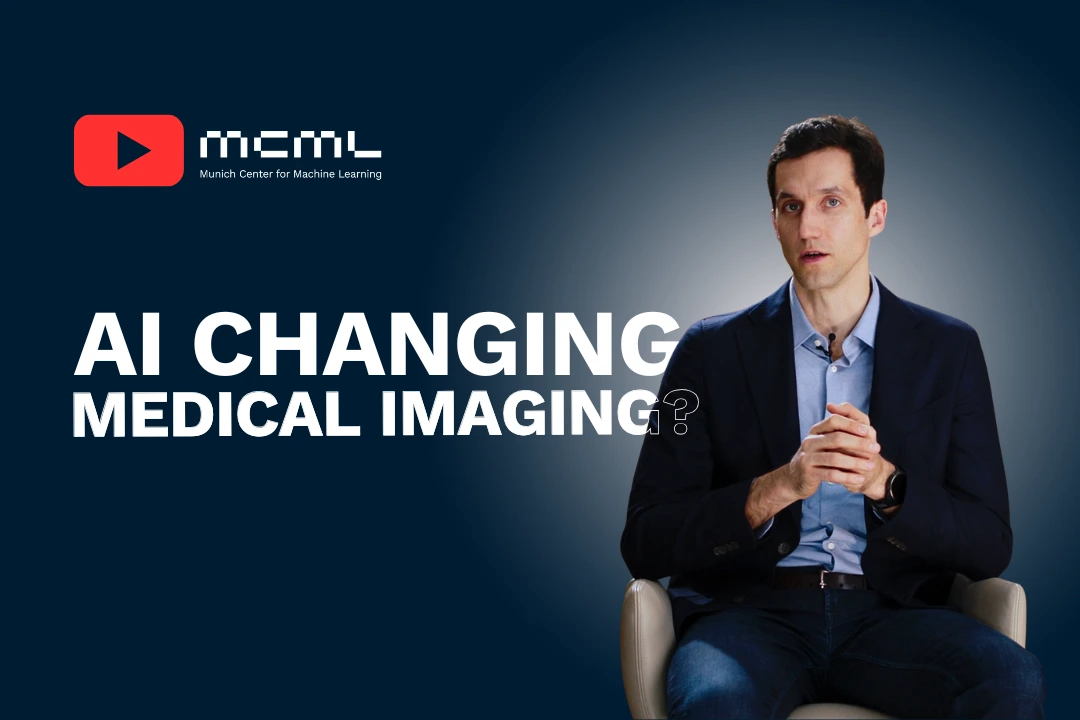
06.07.2025
How Neural Networks Are Changing Medical Imaging – With Reinhard Heckel
In the new research film, Reinhard Heckel shows how AI enables sharper heart imaging from limited or noisy data.
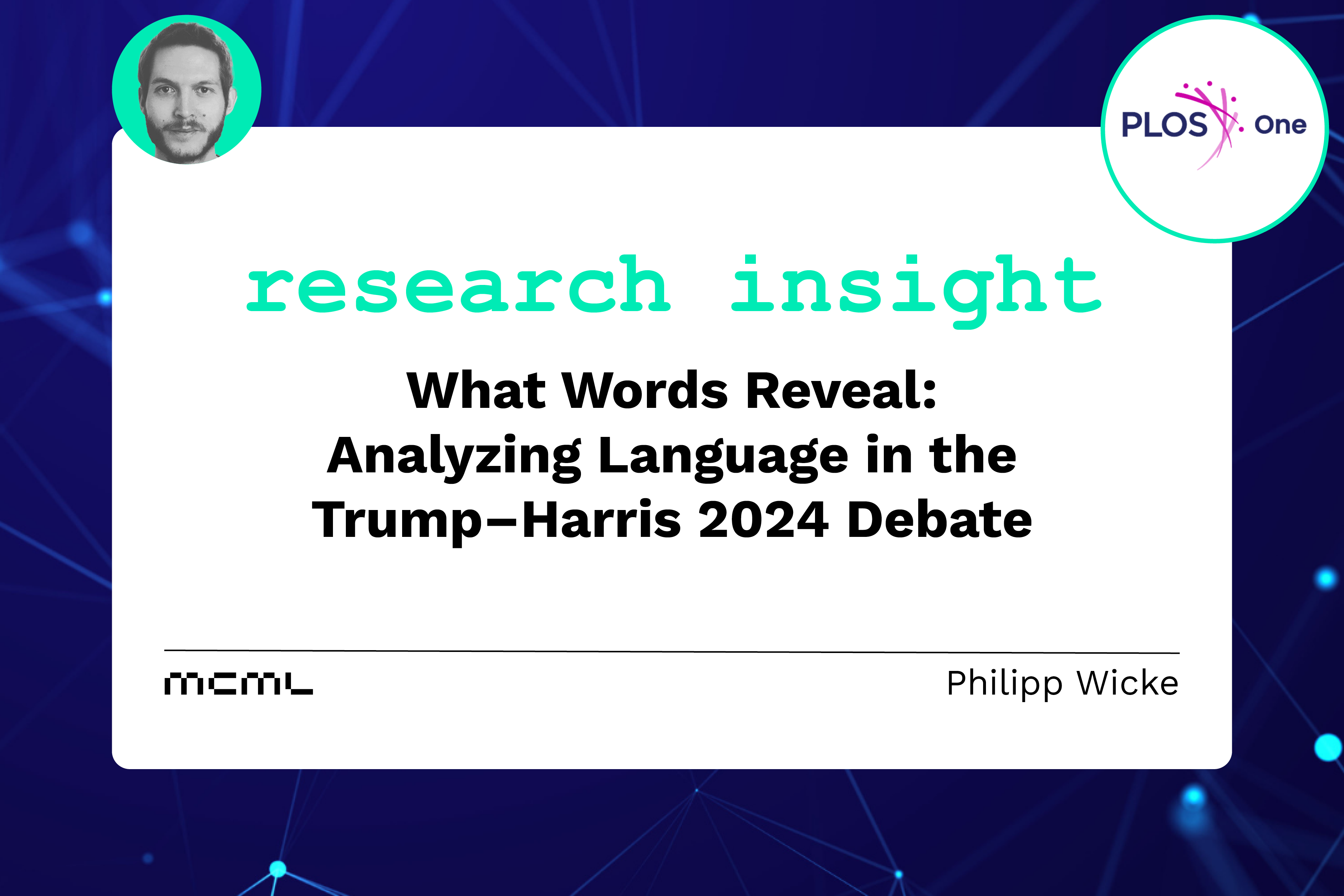
26.06.2025
What Words Reveal: Analyzing Language in the Trump–Harris 2024 Debate
Philipp Wicke's study analyzes Sept 10, 2024 Trump-Harris debate, exploring how party lines shape differing linguistic strategies to sway voters.
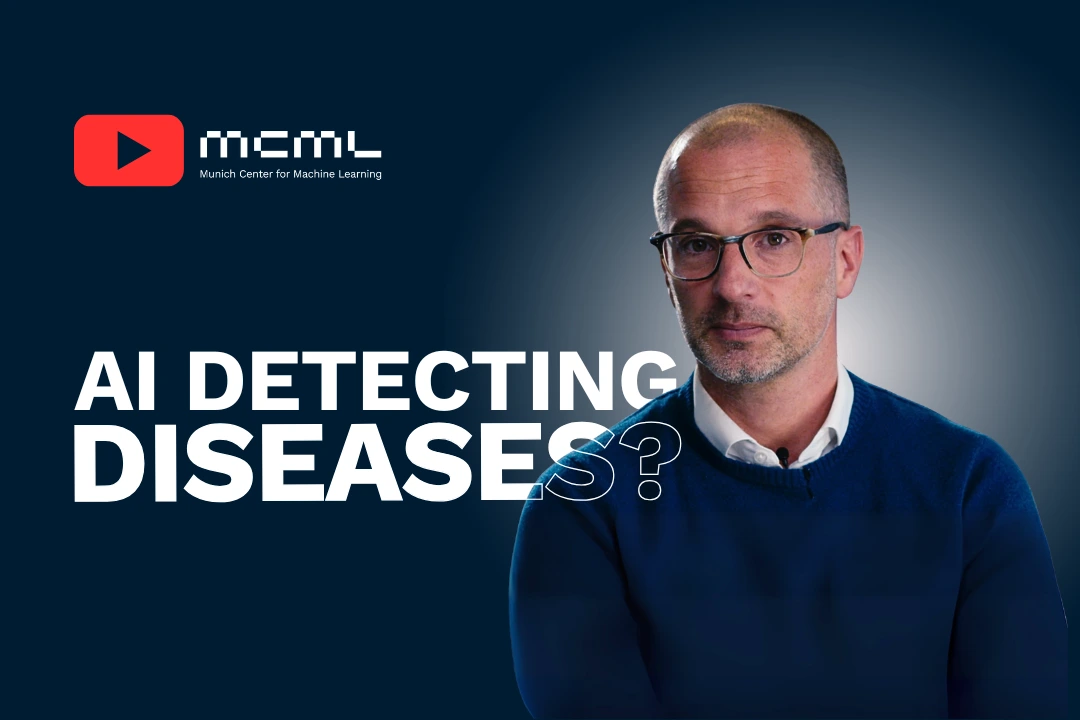
25.06.2025
When Clinical Expertise Meets AI Innovation – With Michael Ingrisch
The new research film features Michael Ingrisch, who shows how AI and clinical expertise can solve real challenges in radiology together.

23.06.2025
Autonomous Driving: From Infinite Possibilities to Safe Decisions— With Matthias Althoff
The new research film features Matthias Althoff explaining how his team verifies autonomous vehicle safety using EDGAR and rigorous testing.
